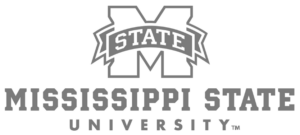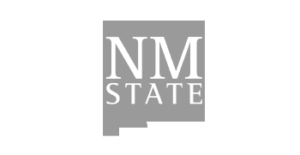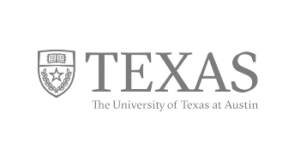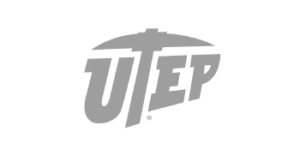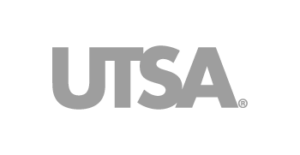One of the hardest lessons researchers learn from the National Science Foundation’s Innovation Corps (I-Corps) training is that their brilliant invention, the sector-disrupting innovation they spent years developing, may not be exactly what their customers want.
That’s what happened to Tammy Dugas, Associate Dean for Research and Graduate Education and Professor in the Department of Comparative Biomedical Sciences at the LSU School of Veterinary Medicine. Dugas developed a stent coated with natural compounds found in red wine — resveratrol and quercetin — that prevent arteries from narrowing again and promote healing. Her invention solved a longstanding problem in coronary surgery: restenosis, where blood cells grow around the stent, recreating the restricted blood flow the device was designed to fix.
“We interviewed 110 prospective customers as part of I-Corps training. They told us the stent market was saturated,” Dugas said. “The competition was stiff, and the products on the market for coronary care were very successful. Despite the known side effects – patients have to undergo dual antiplatelet therapy to prevent blood clots after a stent procedure – the barrier to entry was just going to be too steep.”
Dugas couldn’t disrupt a system resistant to change. But she could pursue an alternative path: antioxidant-coated balloons. The balloons are inserted into the artery, inflated to clear the blockage, then deflated and removed.
U.S. surgeons perform more than 1 million balloon angioplasties each year. Many of those procedures treat restenosis.
Balloons offered less competition and a lower threshold to entry. Dugas’s startup, ReQuisite Biomedical, switched gears.
“It’s taken 10 years for us to get down this road,” Dugas said. “We’ve kind of benefitted from the delay. There were some setbacks with the products that made it to market the quickest, and so we’ve tweaked our product as we moved along.”
Dugas recommends I-Corps for any researcher who wants to pursue commercializing a discovery. She was one of the first people to go through the national program, which included a punishing travel schedule of weekly flights to Washington, D.C. The national program has become more accommodating, with much of the travel replaced by virtual meetings.
“I would say that I-Corps was a really good experience. I learned a tremendous amount despite how brutal it was,” Dugas said. “The training helped us pivot our technology, and it has been really productive.”

